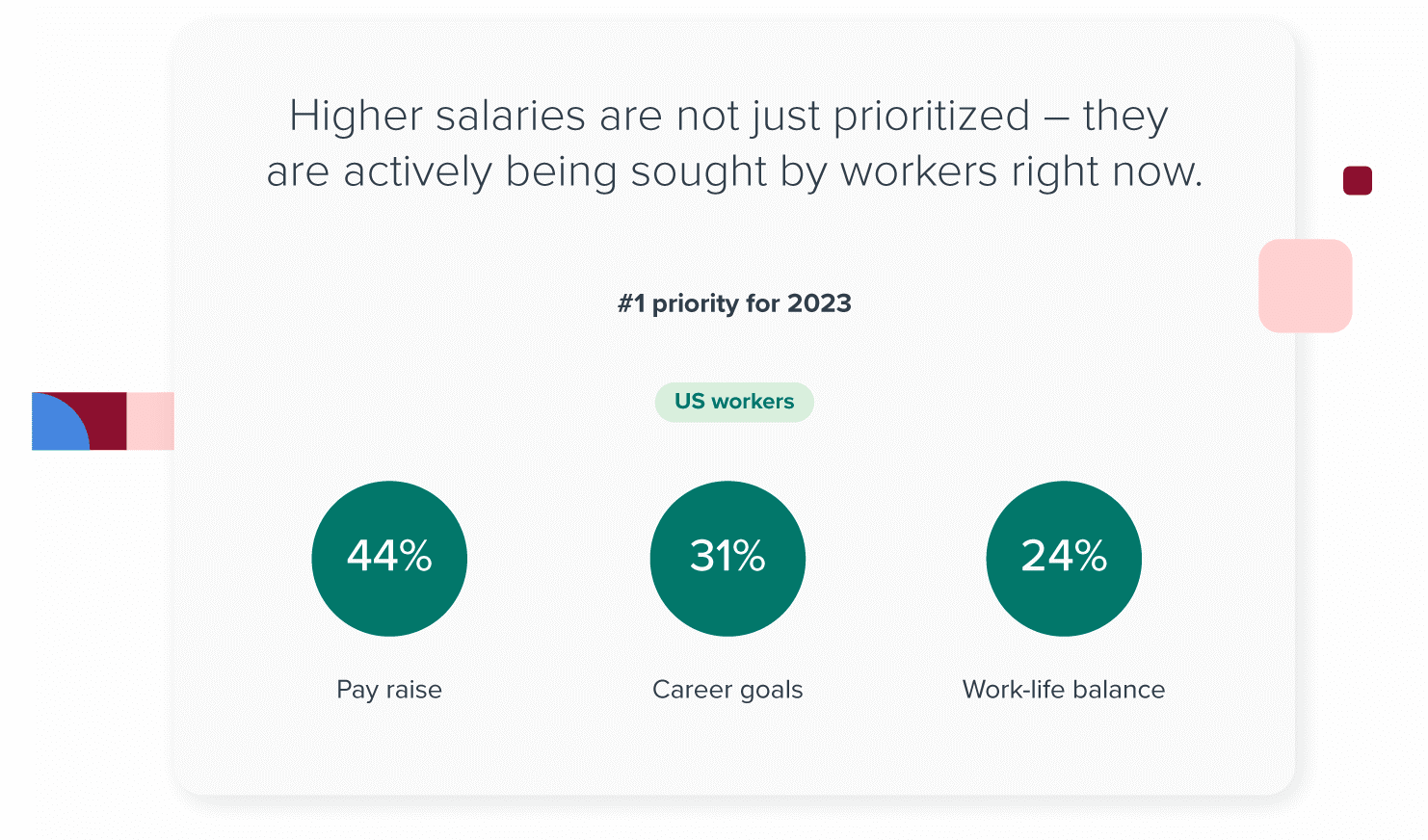The real reasons your employees don’t want to work for you
Discover the real reasons why top talent avoids working for you and learn how to create a work environment that attracts and retains high-performing employees. Uncover critical insights essential for your business's success.

Many people think they can’t fill jobs because no one wants to work. People want to work; they just don’t want to work for you. Here’s why.
Contents
1. You’re understaffed
Word on the street (and on places like Glassdoor) is that you’re understaffed, and in some cases, this is intentional. You expect employees to give you their heart and soul and to be at your beck and call 24/7. In return, you’re willing to issue them a paycheck for 40 hours of work.
This approach may have worked during the last recession but won’t pass muster in a highly competitive labor market. Today, employees have choices and are choosing to work for companies where work/life balance is obtainable.
Look at the culture you’ve built with an eye towards becoming a more people-friendly company. Train your managers to set boundaries for accessing employees and establishing reasonable work expectations.
2. Your pay isn’t competitive
The people who say money doesn’t matter are the people with money. For the rest of us, money matters.
When was the last time you moved your salary ranges? If it’s been longer than a year, get moving! Have you benchmarked your pay? Do this now.
Salaries have skyrocketed over the past several years and are continuing to rise. If you want to stand a chance of hiring the best, you must be willing and able to pay for talent.
3. You’re taking way too long to hire
Your current hiring process may be why you can’t fill jobs. By the time you get a candidate through your process, this person is already off the market. Today, more than ever, speed matters.
Try this. Make a list of everyone currently involved in hiring for a particular position, with the key decision-makers at the top. Draw a line through the middle of this list.
Thank those below the line for their willingness to participate and inform them their services for evaluating candidates will no longer be needed.
4. Your job requirements are inflated
You’ve loaded up the job requirements for a particular job with the hopes that your boss will approve a great compensation package. Now, try finding someone who meets all these requirements! If this feels like an impossible task, that’s because it probably is.
Does a receptionist really need a college degree to greet clients? Must a production manager with 13 years of experience genuinely need the 15 years of experience you’ve listed in your posting to succeed in your organization?
Take a closer look at your job requirements and ask yourself if everything listed is a “must have” or if some items are “nice to have.” Then adjust your job descriptions and postings accordingly.
5. You’ve got lousy managers
People don’t work for companies. They work for people. All the money in the world won’t help you attract and keep talent if your managers chase these people away.
More than 4 million Americans voluntarily left their jobs in each of the past 18 months. Meanwhile, employers, especially in low-wage sectors, are still struggling to fill open positions.
A recent report from employment and background screening services company GoodHire points to managers as a critical factor. In the survey of 3,000 workers, 82% told GoodHire they would consider quitting their job because of a bad manager.
Be careful whom you let into management; only some are cut out for this job. Provide managers with the coaching they need to be talent magnets – the type of managers that easily attract and retain talent, and you won’t have to worry about constantly having to fill jobs. People will gladly remain in your employ for years to come.
Frequently asked questions
- What are the main factors driving talented employees away?
- Hidden issues within company culture, insufficient growth opportunities, or misaligned values can deter potential candidates.
- How does improving my work environment attract better talent?
- Creating an inclusive, growth-oriented atmosphere contributes to retaining current employees and appealing to new applicants.
- Can transparent communication help in employee retention?
- Yes, clear communication of expectations and mission helps foster trust between team members, increasing job satisfaction and loyalty.
- How important is career development for employee satisfaction?
- Investing in employee growth not only increases their value but also boosts engagement and commitment to the organization.
- Are workplace flexibility options important for attracting top talent?
- Flexible schedules play a significant role in modern-day workforce preferences; offering these options improves overall job satisfaction rates too.





